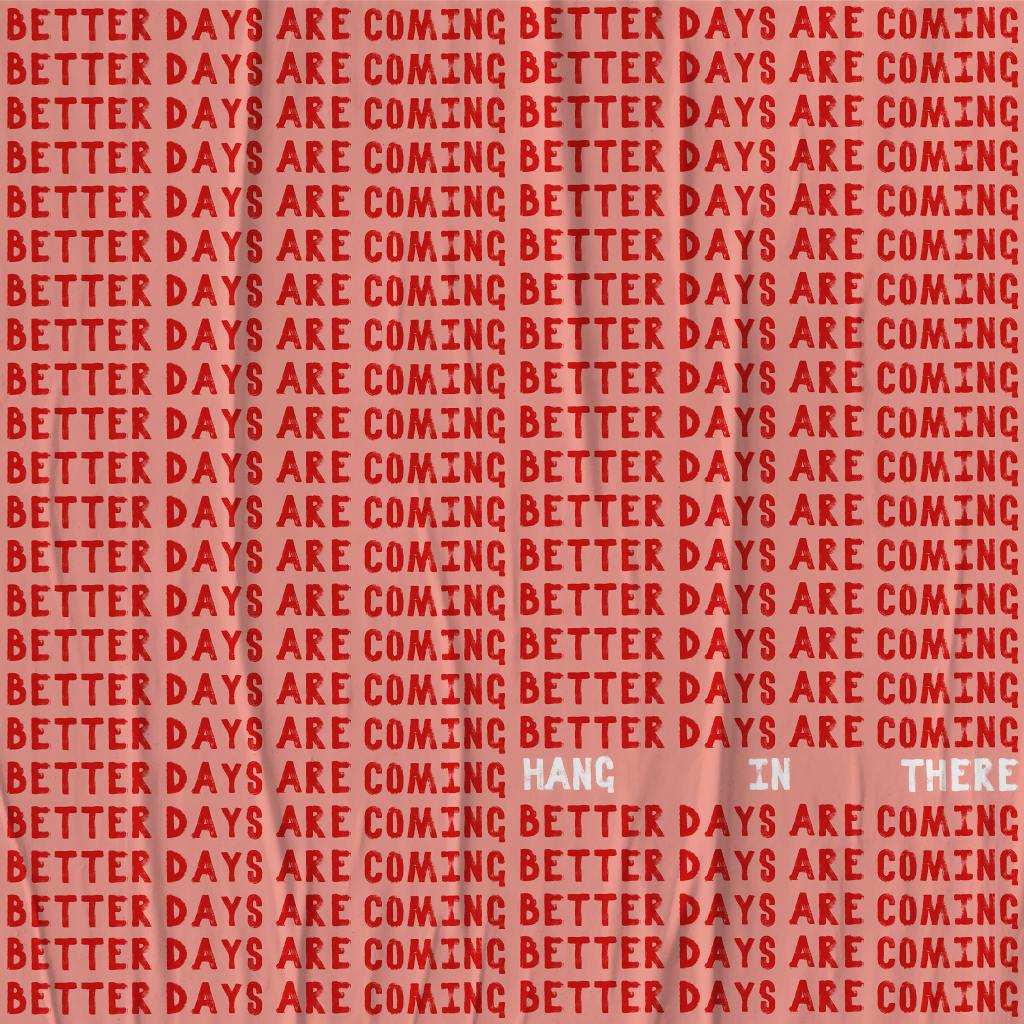
When I was a teenager, I wanted to kill myself. Not because I hated myself— that would come later. I hated the world instead. Depression helped me see the world for what it was: a terrible, hopeless place. A place awash with poverty and structural oppression, with the threat of climate change looming over it. It seemed pointless to prolong my life now, only to die a firey death in a world wracked with climate disaster.
People told me I was exaggerating. That it was the depression talking. That it would “get better.” But now, with the ice caps melting like popsicles and California’s sky the color of a Tatooine sunset from forest fires, my fears don’t seem so far off.
What else could they have said? When faced with a person choosing between life and death, people lie. They tell us great fantasies about the future. Death makes us all liars, but what else can you do?
It did get better for me. Well, not climate change. But after multiple suicide attempts, hospitalizations, and endless therapy, my life did improve. I fought hard for the happiness I have now. But I am deeply, deeply privileged. I am white and grew up in a family with economic privilege. They could afford my treatment and were willing to pay for it. They could ensure I never landed on the street. This isn’t the case for many people.
This issue is far bigger than myself, than the privileged 15-year-old having a panic attack in her parents’ basement over impending environmental doom. There are other issues, other lives to consider.
What do you tell a suicidal unhoused person? You can tell them “it gets better” all you want, but that’s not finding them an apartment or even a bed in a shelter.
What do you tell a Black person in America? You can tell them “it gets better” but that’s not solving hundreds of years of systemic racism or erasing the police brutality and poverty that result.
What do you tell a person of color globally? Try telling them “it gets better” while America bombs their country.
What do you tell bullied fat folks? Trans kids? I could go on.
I’m not trying to say some lives aren’t worth living. That’s not my decision to make. To me, life is a beautiful journey. I am grateful I survived my attempts. I chose to fight for the little things in life. But I do not have to endure many of the far more challenging experiences others do.
There will always be those little things to live for. The way a breeze feels on your face. How a hummingbird hovers in midair. The way a friend sounds laughing at a joke you made. The first bite of fresh bread. These can be found in any life.
The problem is in the approach to suicide prevention itself. “It gets better” is plastered on every graphic design shared on social media. It does get better, for some. But when you’re struggling to find food for your children in a country built to exclude you, what does “it gets better” really mean? Someday you’ll be rich? For one in a thousand maybe. Someday racism won’t exist? Not in our lifetime, no matter how hard we fight.
I’m not saying we need to stop saying “it gets better.” We can’t, really. Suicide has its own epidemiology and can truly become epidemic. Except for in certain circumstances like end of life suicide, we still have to fight for life. But when governments and organizations and individuals do nothing but yell “it gets better” over the call for social justice, the phrase means nothing.
Saying “it gets better” while doing nothing to make it so is meaningless. We cannot use platitudes when what we need is radical institutional change. We cannot say “it gets better” without actually putting in the work to make it better.
Everyone needs to shift the focus of suicide prevention from positive psychology to social justice. To make real change to save lives. This issue isn’t just about people like me, thin white kids with supportive families. We matter, sure, but there’s already a strategy to save us. Now let’s make a strategy to save the millions of others.
